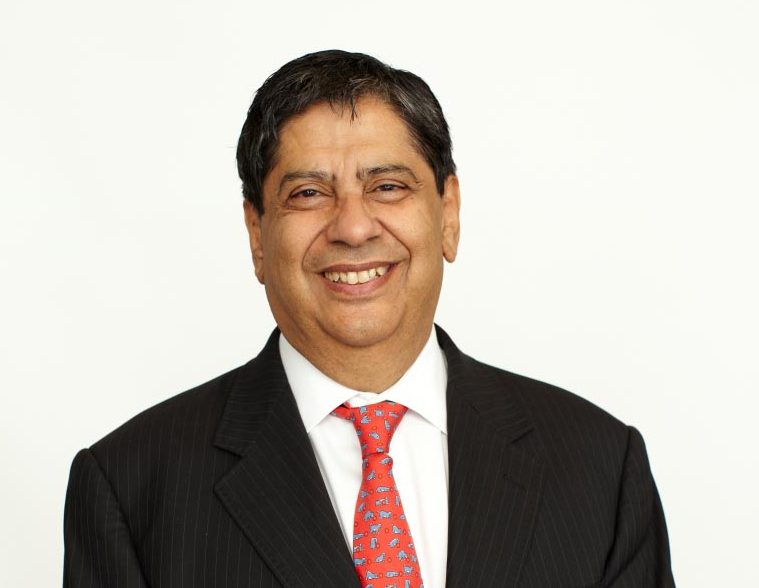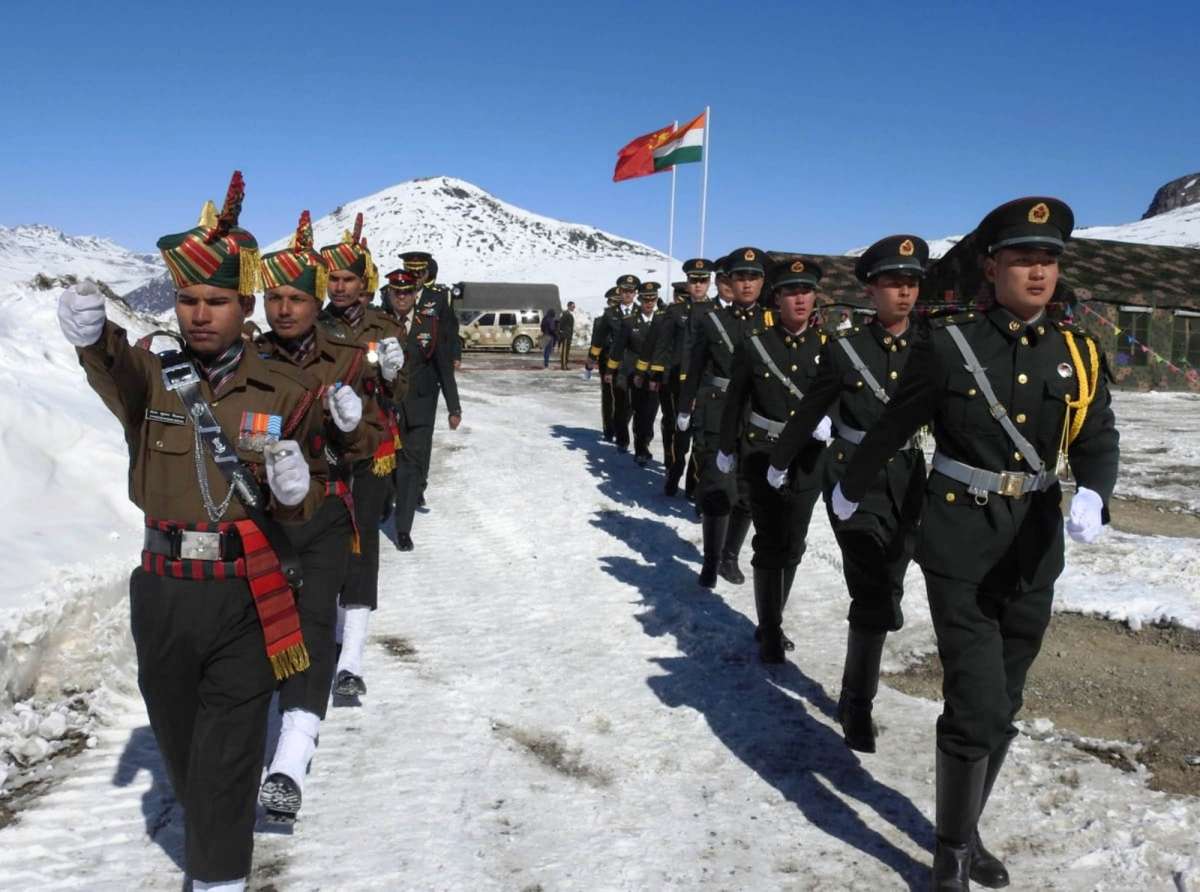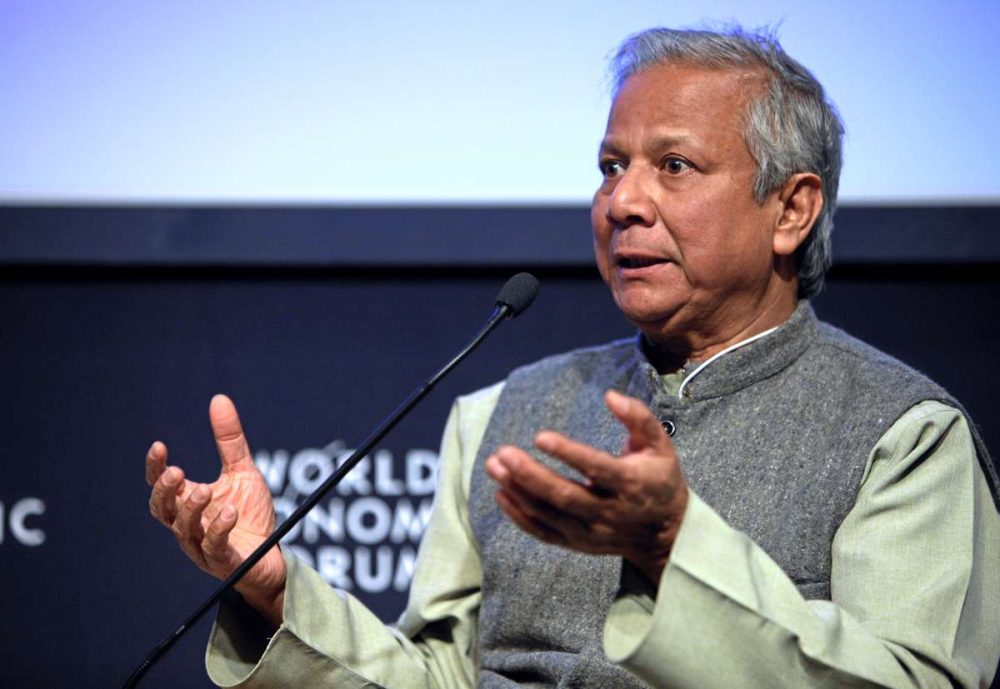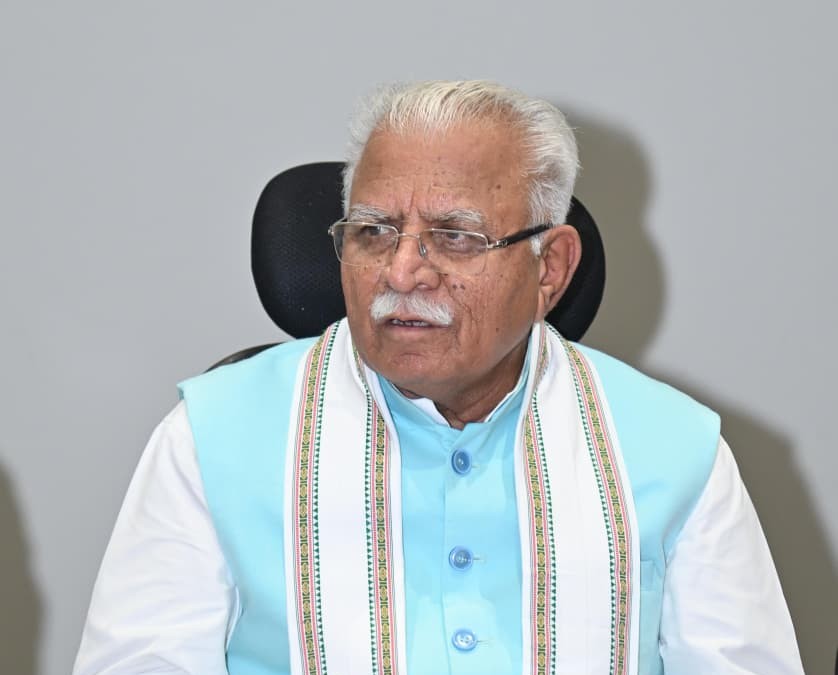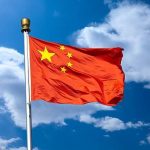He recorded in his book: “When I met Jaswant Singh at an event in the Washington Hotel in London a few months later, he said to me airily, ‘I have given your note to my department to consider’…reports Ashish Ray
British Indian solicitor in London, Sarosh Zaiwalla said the Chinese government was willing to discuss ‘with an open mind’ India’s demands on the long-standing boundary issue between the two countries in 2001 in back-channel talks.
“This meant,” he wrote in his memoirs Honour Bound, “setting up a second-channel, confidential meeting between the political leaders of China and India to find a practical resolution at a senior level to settle the border dispute”.
Zaiwalla wished to remind people of what he regrets as being an opportunity lost in the context of recent fighting between Indian and Chinese soldiers at the front between the two countries in Tawang in Arunachal Pradesh.
He further stated the then Chinese ambassador in Britain Ma Zhengang worked with him on a note on the subject, which Zaiwalla forwarded to the Indian government. But he never heard back.
He maintained: “I gave the note which I had prepared, with the ambasador’s input and approval, to Maneka Gandhi, who confirmed to me that she had passed it on to Jaswant Singh. (As it happens, Maneka was at that time my client and had been a minister in the Vajpayee government.)”
He recorded in his book: “When I met Jaswant Singh at an event in the Washington Hotel in London a few months later, he said to me airily, ‘I have given your note to my department to consider’.
He continued: “Had the Indian government taken this seriously, China would have had to respond, and they could have resolved the matter. For China in those days the focus was on economic development and not military might.”
Zaiwalla recalled that in his conversation with Ambassador Ma, the latter initially signalled: “What we want is a proper borderline to be drawn between the countries. China wants the original border of Tibet to be the border with India. The line drawn by the British Raj as the border between Tibet and India cannot be considered the proper border.”
To that, Zaiwalla is said to have replied: “For India to part with any territory would not be acceptable for the Indian people, especially after the 1962 border war.”
The lawyer claimed he also brought to the diplomat’s attention, ‘the fact that at the time the border as drawn by (Henry) McMahon (then foreign secretary of British ruled India) was agreed by Tibet and India, Tibet had a government. Therefore, there had been a legal and binding acceptance by Tibet and India of the location of the border’.
He added: “This in turn would be binding on China.”
McMahon signed the agreement with Lonchen Satra, an official of the Tibetan government, at Simla in 1914.
China was a party to what was a tripartite conference, but didn’t ultimately sign the treaty.
Beijing asserts Tibet was not a sovereign country (it enjoyed suzerainty) and thus did not have the authority to conclude international pacts.
It is still a matter of debate whether China agreed to the Indo-Tibetan contract, but cunningly did not put pen to paper.
Zaiwalla was certain: “In my conversations with him, the ambassador accepted that all these points could be discussed.”
In course of their exchanges, Zaiwalla revealed he suggested to the Chinese ambassador that China should lease a corridor to India through its territory to enable Indian pilgrims to visit the Hindu pilgrimage sites in Mansarovar and Kailash.
“The ambassador indicated that it could be discussed in exchange for India ceding some of its territory in the Himalayan mountains, where no one lived and there was no evidence of any mineral deposits,” was Zaiwalla’s memory.
ALSO READ-Jaishankar slams China, Pakistan


